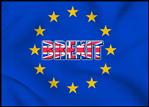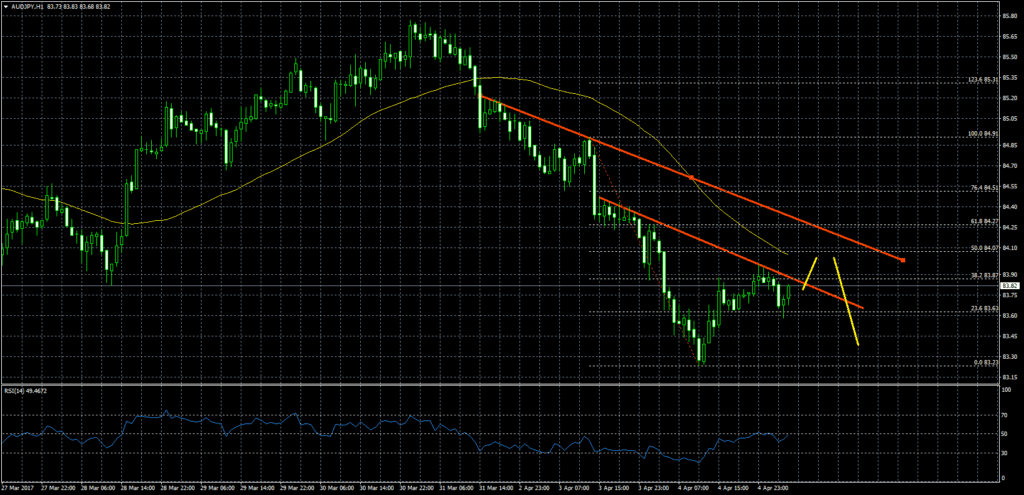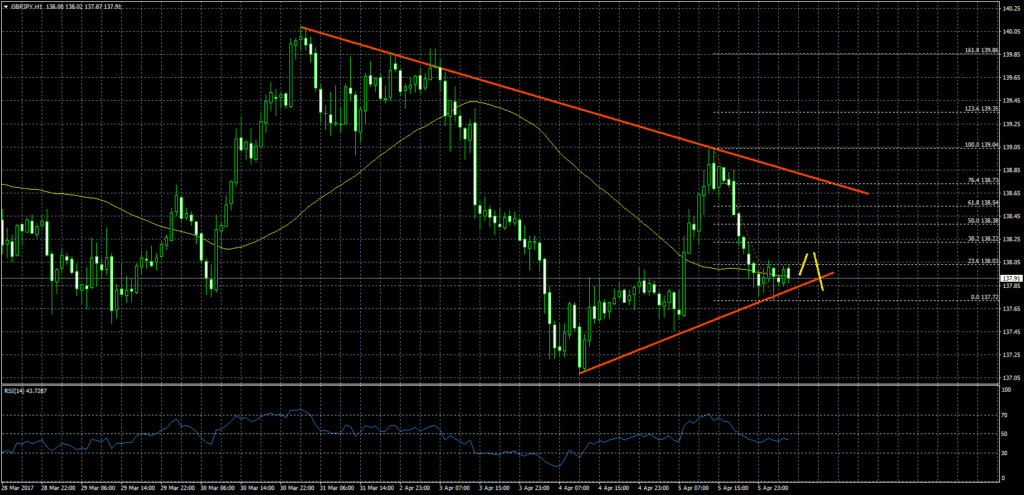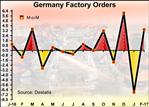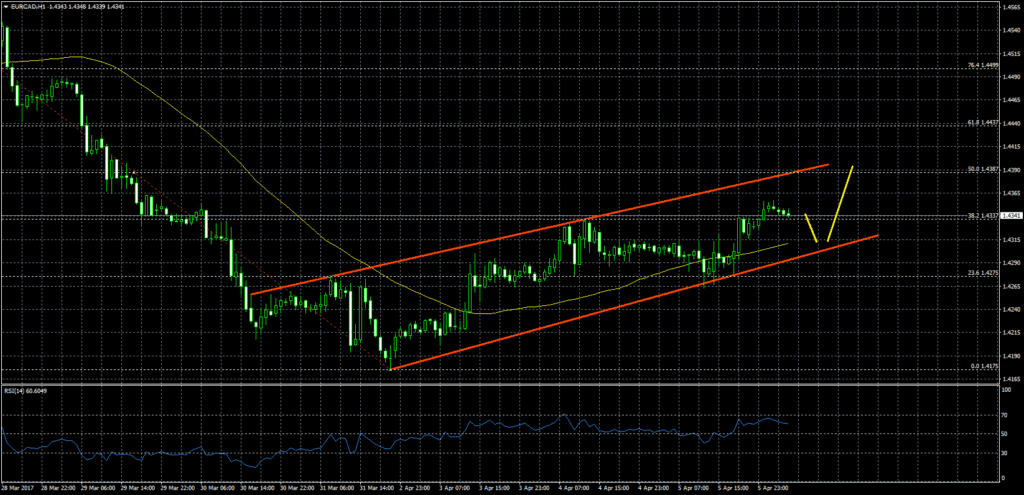European lawmakers on Wednesday overwhelmingly backed a resolution that laid down the key guidelines for Brexit negotiations with the UK and called for a phased approach to discussions, in contrast to the British government's wish for parallel talks on exit and future relationship with the European Union.
In the plenary session of the European Parliament in Strasbourg, 516 MEPs voted in favor, 133 against with 50 abstentions, to adopt the resolution that officially laid down the red lines for talks with the UK.
Any deal with the UK on conclusion of talks must win the approval of the European Parliament.
British Prime Minister Theresa May gave notice of her country's withdrawal from the EU on March 29.
Talks between the EU and the UK are set to take place over two years and expected to conclude in March 2019.
"Parliament's vote will be decisive for the final outcome of the conditions for the UK's withdrawal and for future EU-UK relations," European Parliament President Antonio Tajani said.
"The recent terrorist attacks make it clear that all European countries will need to continue working closely with each other."
There was broad support among MEPs to give top priority to protecting citizens' interests in Brexit talks. European Commission President Jean-Claude Juncker and EU's Chief Brexit Negotiator Michel Barnier stressed on the need for the 27 member states to stay united during the talks.
"A disorderly exit is the most unfavorable case," Juncker said in the EU Parliament ahead of the vote. That would be a very disadvantageous situation for many families and people, for research, for security cooperation and for trade, he added.
"In short, no deal means no one wins, all will lose," Juncker said.
Juncker also said that the UK cannot enjoy the same benefits as a member state once it leaves the EU.
"A third country cannot have the same benefits as a Member State," he said. "This Parliament must and will ensure that this reality is fully upheld over the course of the next two years."
Meanwhile, Barnier called the British government's desire to hold parallel talks on the withdrawal and the future relationship "a very risk approach".
"To succeed, we need on the contrary to devote the first phase of negotiations exclusively to reaching an agreement on the principles of the exit," Barnier said.
"It is an essential condition to maximize our chances to reach an agreement within two years," he added.
That implies reducing uncertainties for people and businesses regarding their legal rights and the EU borders.
And success depends on three conditions, which according to Barnier are unity, lifting uncertainty and phasing of negotiations.
"If there is no agreement, the consequences will be heavy, for the United Kingdom especially, but also for the Union," Barnier warned.
"That is why the no deal scenario is not our scenario."
Barnier also noted that the devil will be in the detail of any deal and stressed on the importance of ensuring that the agreement effectively guarantees the rights of citizens.
The EU will never punish the UK or make it pay a single euro in excess of what it owes, the EU top official said. Unofficial estimates put the Brexit bill at around EUR 60 billion.
The second phase of Brexit talks will be devoted to scoping future relations and discussing necessary transitory arrangements, Barnier said.
"The sooner we agree on the principles of an orderly withdrawal, the sooner we can prepare our future relationship in trade, but also in security and defence," he said.
German MEP Manfred Weber reiterated that the UK will not be allowed to cherry-pick in negotiations as a state outside the EU cannot have the same or better conditions than one inside the union.
Italian MEP Gianni Pittella said the deal will not be approved if the conditions set out in the resolution are not met.
Many European leaders also pointed out that Brexit should be a catalyst for a rebirth of the EU and an opportunity to strengthen bonds among members.
Belgian MEP Guy Verhofstadt, who headed the team that drew up the red lines, described Brexit a "catfight" in the Conservative Party that got out of hand. He said this was a time to show the capacity to give rebirth to the European project.
Helga Stevens, also an MEP from Belgium, sought a new direction for Europe, with or without the UK.
British MEP and Brexit champion Nigel Farage said there was a bigger world out there than the European Union.
Elsewhere, British prime minister May said there would be an implementation phase once an exit deal is finalized as businesses and governments need time to adjust.
Brussels reportedly suggested that the transition period after March 2019 would be no more than three years. The U.K. is yet to confirm such reports.
by RTT Staff Writer
For comments and feedback: editorial@rttnews.com
Economic News
What parts of the world are seeing the best (and worst) economic performances lately? Click here to check out our Econ Scorecard and find out! See up-to-the-moment rankings for the best and worst performers in GDP, unemployment rate, inflation and much more.
